Chest pain and shock: Is there a right ventricular OMI on this ECG? And should he undergo trancutaneous pacing?
Dr. Smith's ECG Blog
MAY 30, 2023
A 50-something man presented in shock with severe chest pain. His prehospital ECG was diagnostic of inferior posterior OMI. The patient was in clinical shock with a lactate of 8. Here is his ED ECG: There is bradycardia with a junctional escape. RVMI explains part of the shock. What is the atrial activity?






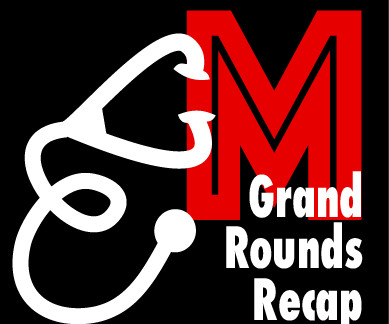

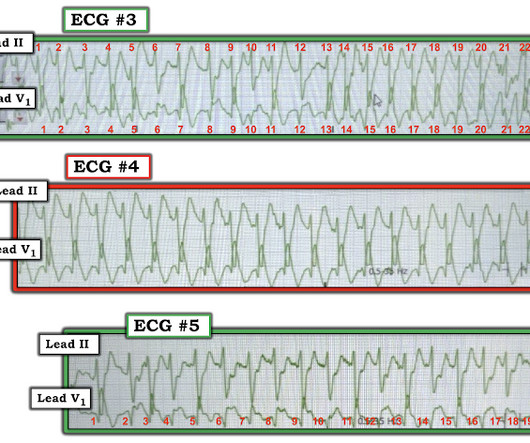
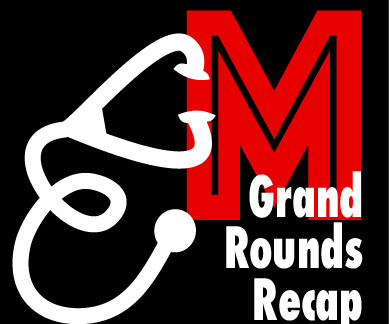





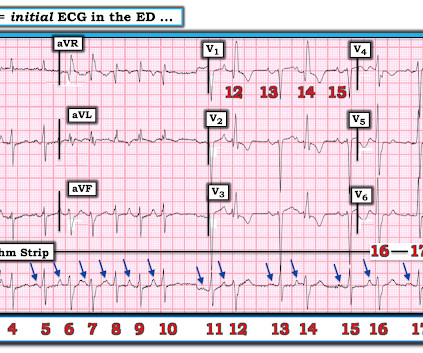








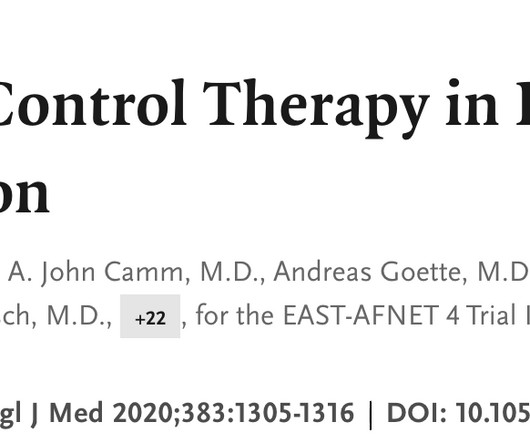







Let's personalize your content